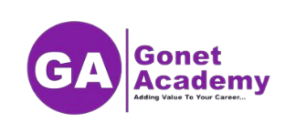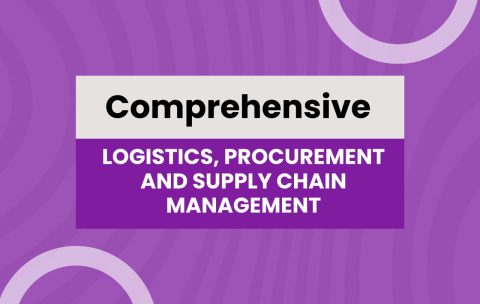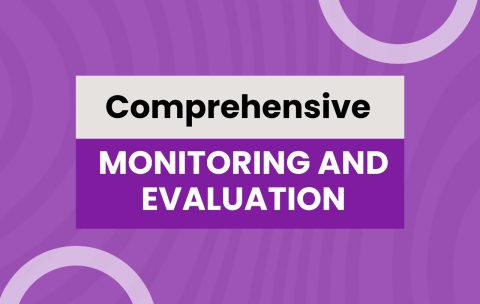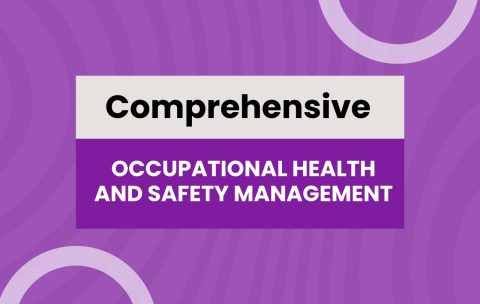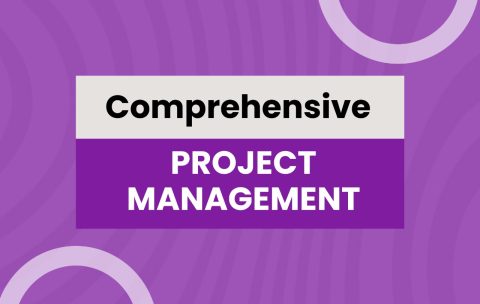Comprehensive Logistics, Procurement and Supply Chain Management
This 6-month Comprehensive Logistics, Procurement, and Supply Chain Management program …
What you'll learn
Understand the structure, components, and functions of logistics, procurement, and supply chain management (SCM) systems in various sectors.
Plan and execute effective procurement processes, including sourcing strategies, supplier evaluation, and compliance with public and donor regulations.
Manage logistics operations and inventory control systems, including warehousing, transportation, and delivery planning.
Apply procurement procedures and develop key documents, such as purchase orders, bid documents, and procurement plans.
Implement contract management principles and understand legal frameworks such as INCOTERMS, contract types, and dispute resolution.
Integrate financial principles into procurement and logistics operations, including cost analysis, invoice processing, and budgeting.
Utilize digital tools and ERP systems for procurement and inventory management (e.g., Excel, QuickBooks, SAP, OpenERP).
Understand and manage emergency and humanitarian procurement in crisis settings, including pre-positioning and fast-track processes.
Design and present a comprehensive procurement or logistics strategy during the capstone project.
Comprehensive Monitoring and Evaluation
This 26-week Comprehensive Monitoring and Evaluation (M&E) Program provides professionals …
What you'll learn
Understand the foundational principles and roles of Monitoring and Evaluation (M&E) within the project and program management cycle.
Design M&E systems and frameworks, including Logical Frameworks (LogFrames), Theories of Change (ToC), and M&E plans.
Develop and apply SMART indicators and KPIs to measure inputs, outputs, outcomes, and impacts.
Collect, manage, and analyze data using both qualitative and quantitative methods while ensuring data quality and ethical standards.
Use data collection tools and software such as KoboToolbox, Excel, and SPSS for survey design and analysis.
Interpret and report M&E findings through dashboards, performance reports, and data visualizations.
Conduct performance measurement and program evaluations using appropriate tools and methodologies.
Communicate M&E results effectively to stakeholders to support decision-making, learning, and accountability.
Design and present a full M&E system or evaluation plan for a real or simulated project as part of the capstone project.
Comprehensive Occupational Health and Safety Management
This program develops knowledge and practical skills in identifying, assessing, …
What you'll learn
Understand the principles, importance, and frameworks of occupational health and safety management, including ISO 45001 and national OHS regulations.
Identify workplace hazards and assess risks using standard tools such as risk matrices and Job Safety Analysis (JSA).
Develop and implement workplace OHS policies and safety systems aligned with legal and organizational needs.
Apply safety practices and enforce the use of Personal Protective Equipment (PPE) in a variety of occupational settings.
Investigate workplace incidents, determine root causes, and recommend corrective actions.
Promote workplace hygiene, mental wellness, and occupational health protocols.
Foster a proactive safety culture through behavior-based safety (BBS) programs and staff engagement.
Ensure compliance with OHS laws and prepare for audits and inspections.
Present and defend a comprehensive OHS improvement plan for a simulated or real organization during the capstone project.
Comprehensive Project Management
This program provides an end-to-end understanding of project management principles, …
What you'll learn
Understand and apply the core principles of project management across the five process groups: Initiating, Planning, Executing, Monitoring & Controlling, and Closing.
Develop project planning documents including scope statements, Gantt charts, budgets, and risk registers using both manual and digital tools.
Manage project resources and teams, fostering collaboration, communication, and conflict resolution throughout the project lifecycle.
Apply risk management strategies, identify project threats and opportunities, and develop mitigation plans.
Monitor and evaluate project performance using performance indicators, earned value management, and reporting tools.
Integrate Agile and traditional project approaches in response to dynamic and hybrid work environments.
Demonstrate professional ethics and legal awareness in project procurement, contracts, stakeholder engagement, and closure processes.
Present a capstone project that synthesizes all knowledge and tools learned to propose or simulate a real-world project.
